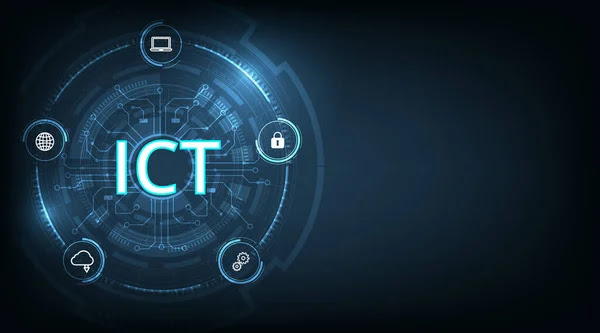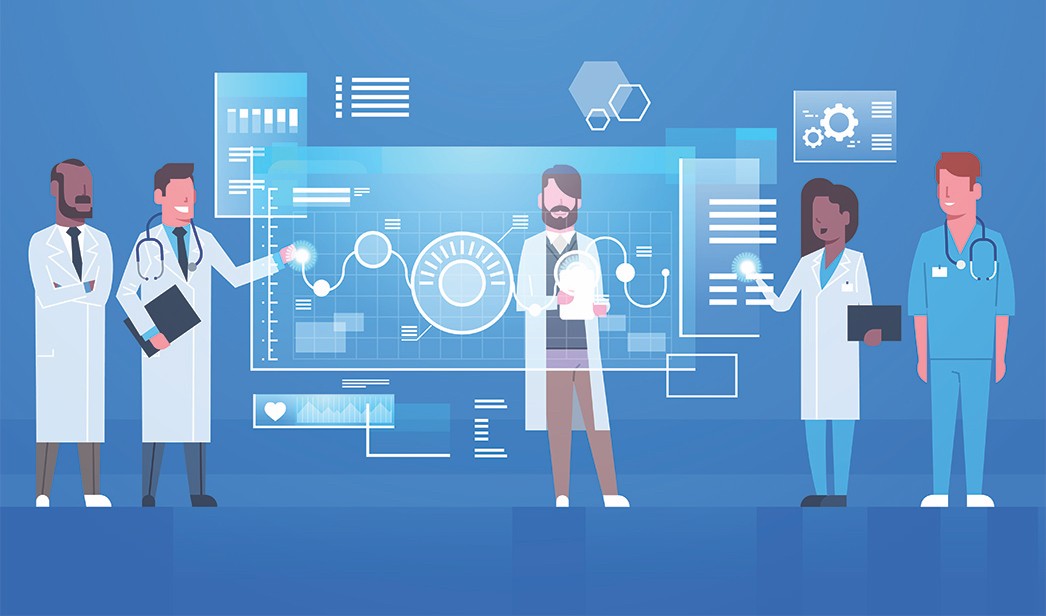Introduction:
In the ever-evolving landscape of technology, one of the most profound impacts can be witnessed in the healthcare sector. The synergy between technology and healthcare has given rise to a plethora of innovations, transforming the way we perceive and receive medical services. From telemedicine and wearable devices to artificial intelligence (AI) applications, these advancements are not only enhancing patient care but also revolutionizing the entire healthcare ecosystem.
- Telemedicine: Bridging Gaps and Expanding Access
Telemedicine, a pivotal outcome of the intersection between technology and healthcare, has gained substantial traction, especially in recent years. The concept of remote healthcare consultations has become increasingly popular, breaking down geographical barriers and making healthcare services more accessible. Telemedicine allows patients to connect with healthcare professionals through virtual consultations, facilitating timely diagnoses and treatments.
a. Advantages of Telemedicine:
- Improved Accessibility: Especially beneficial for individuals in remote areas or those with limited mobility.
- Cost-Efficiency: Reduces travel expenses for patients and allows healthcare providers to optimize resources.
- Real-time Monitoring: Enables continuous monitoring of patients with chronic conditions, leading to better disease management.
b. Challenges and Considerations:
- Security Concerns: Safeguarding patient data and maintaining the privacy of medical information.
- Digital Divide: Addressing disparities in access to technology to ensure widespread adoption.
- Wearable Devices: Empowering Individuals for Personalized Healthcare
The integration of wearable devices into healthcare represents a paradigm shift, empowering individuals to take charge of their well-being. These devices, ranging from smartwatches to fitness trackers, offer real-time data on various health metrics, allowing users to monitor their physical activity, sleep patterns, and more.
a. Key Features and Applications:
- Fitness Tracking: Monitoring steps, calories burned, and exercise routines.
- Health Monitoring: Continuous tracking of vital signs such as heart rate, blood pressure, and sleep quality.
- Early Detection: Some devices can detect anomalies and potential health issues early on, facilitating preventive measures.
b. Challenges and Future Developments:
- Accuracy: Ensuring the reliability and accuracy of health data collected by wearable devices.
- Integration with Healthcare Systems: Enhancing collaboration between wearable tech and traditional healthcare practices.
- AI Applications in Healthcare: From Diagnostics to Personalized Medicine
Artificial Intelligence is reshaping the healthcare landscape by offering innovative solutions that streamline processes, enhance diagnostics, and contribute to personalized treatment plans.
a. Diagnostic Accuracy and Efficiency:
- Medical Imaging: AI algorithms aid in interpreting medical images, improving diagnostic accuracy in fields like radiology.
- Pathology: AI assists pathologists in analyzing tissue samples, leading to faster and more accurate diagnoses.
b. Personalized Medicine:
- Genomic Analysis: AI algorithms analyze genomic data, enabling personalized treatment plans based on an individual's genetic makeup.
- Drug Discovery: Accelerating the drug discovery process by predicting potential drug candidates more efficiently.
c. Operational Improvements:
- Workflow Optimization: AI helps streamline administrative tasks, reducing the burden on healthcare professionals and improving overall efficiency.
- Predictive Analytics: Forecasting patient admission rates and resource utilization, allowing hospitals to optimize staffing and resources.
- Challenges and Ethical Considerations:
- Data Security and Privacy: Safeguarding sensitive patient information and ensuring compliance with privacy regulations.
- Algorithm Bias: Addressing and mitigating biases in AI algorithms to ensure fair and equitable healthcare outcomes.
Conclusion:
The convergence of technology and healthcare is not just a trend but a transformative force with the potential to redefine the entire healthcare experience. Telemedicine, wearable devices, and AI applications are at the forefront of this revolution, offering solutions to longstanding challenges and paving the way for more personalized, efficient, and accessible healthcare services.
As these innovations continue to evolve, it is crucial for stakeholders, including healthcare providers, policymakers, and technology developers, to collaborate in addressing challenges and ensuring that the benefits of technology in healthcare are realized across diverse populations. The journey towards a tech-enabled healthcare future is undoubtedly challenging, but the potential for improved patient outcomes and a more sustainable healthcare system makes it a journey worth undertaking.


